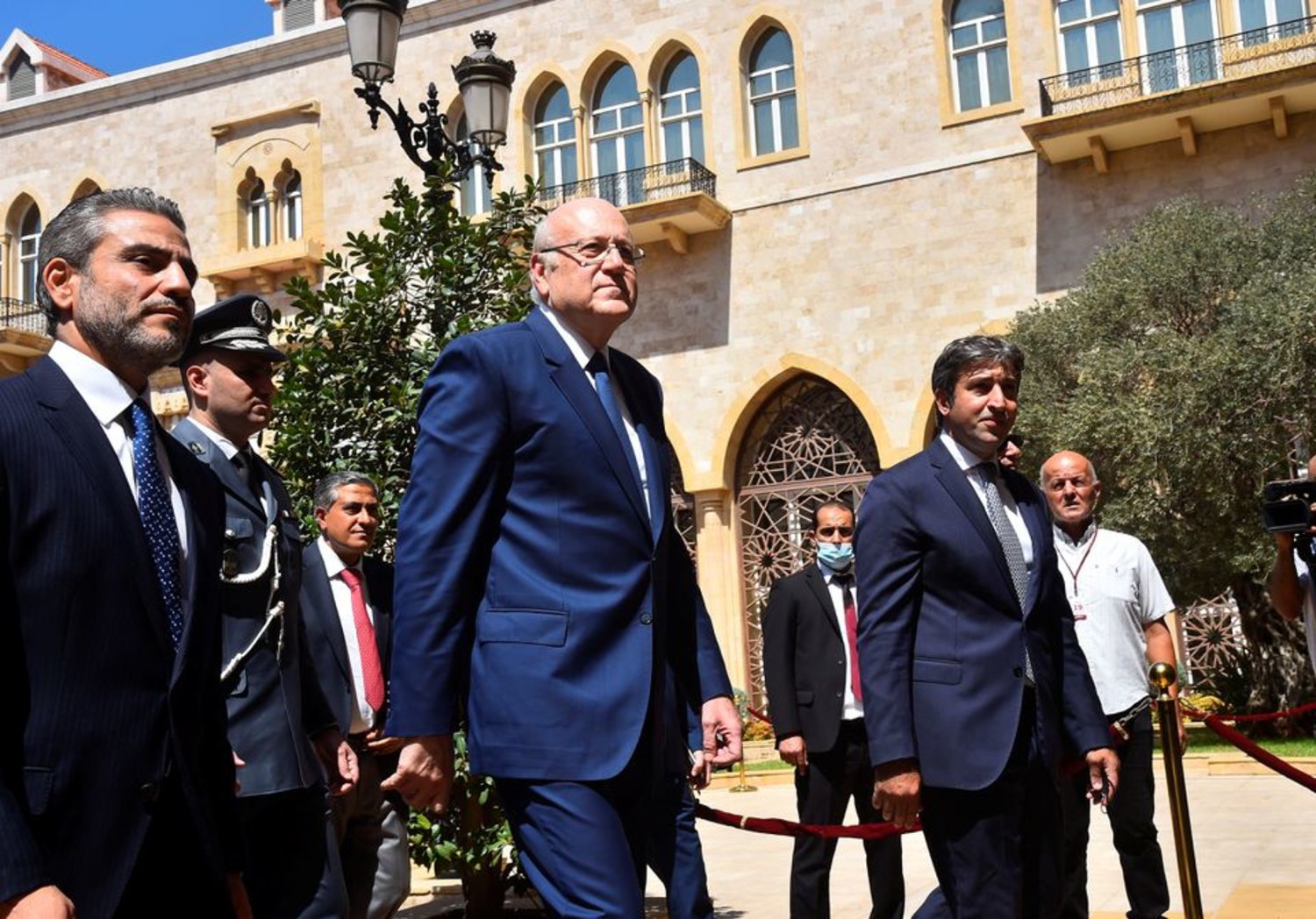The Lebanese caretaker government has approved the draft of the 2023 budget after six sessions of examinations starting late July, around eight months into the year.
The budget, which organizes state revenue and expenditure, usually comes at the beginning or before the start of a calendar year. As the 2023 draft has only been approved in mid-August, its outcomes only apply to the remainder of the year.
The Draft Details
Despite promises of no new increases on taxes for the “average citizen” by the government, the budget saw increased fees on registration, driving licenses and mechanical taxes, and maintained exit taxes for travelers leaving the country at $35, $50 and $65, for economy, business and first class respectively, and $100 for private jet or yacht travelers.
Caretaker Minister of Information Ziad Makary noted that while the state deficit – the difference between state revenue and expenditure – was estimated at 18.79 percent originally, the final version of the draft indicated a deficit of 23.57 percent.
The Cabinet session also saw the approval of a draft law allowing the government to legislate in the customs field and a draft law streamlining a 10 trillion lira line of credit from the budget reserves.
Moreover, Prime Minister Mikati claimed that the Cabinet consulted the forensic audit performed by auditing firm Alvarez & Marsal on possible fraud in Central Bank transactions under the governorship of Riad Salameh.
Accordingly, Mikati asked Minister of Finance Youssef Khalil and Minister of Justice Henry Khoury to suggest necessary measures and steps, and suggested that the 1964 Code of Money and Credit be revisited as per the auditing firm’s demand.
The caretaker government has also planned to start examinations for the 2024 budget towards the end of August according to Makary, in the hopes of getting a head start towards pre-planning next year’s budget.
Central Bank Updates
On another note, new acting Central Bank governor Wassim Mansouri signed off on the decision of the Central Bank’s Special Investigation Commission to freeze the accounts of former governor Riad Salameh as part of its investigation into money laundering claims.
Reports indicate that this came as a direct response to US sanctions on Salameh last week, freezing his access to bank accounts dealing in USD.
Moreover, the international forensic audit uncovered multiple corruption-ridden practices within the Central Bank during Salameh’s governorship.
Outcomes include financial engineering schemes costing 115 trillion lira between 2015 and 2020, unlawful financial support exceeding $100,000 to a number of political and media persons and organizations and transfers to the company Fawry – belonging to Salameh’s brother, Raja Salameh – amounting to $333 million. The United States, British, and Canadian governments also imposed sanctions on Salameh, his son, his brother, his assistant and his girlfriend.
On another hand, the alternative platform to the Sayrafa exchange rate is yet to be announced, but many have shown optimism as to its prospective uses. More specifically, the exchange rate is set to be liberalized under the new platform, with its transparency prospects high and its operations based on demand/supply mechanisms.
So far, the exchange rate has remained stable, but socio political and economic instability means that Mansouri needs to tread carefully and the new platform needs to be managed delicately.
Campaign against the hike in Lebanese University Tuition Fees
While Makary has indicated that the state budget has seen increased allocations for ministries according to their demands, eyes are on the Ministry of Education and Higher Education, as the Lebanese University – controlled by ruling parties’ grip and systematically underfunded and mismanaged – has continued its downhill spiral.
More recently, the institution has announced a $100 increase in yearly tuition fees, which prompted a reaction by a number of student and youth organizations, as well as different political groups.
On Tuesday, a hashtag campaign was launched on social media platforms with a main focus on Twitter, using the phrase translating “no to raising the Lebanese University’s tuition fees.”
The tweets mostly emphasized that this is not about the $100 tuition fee increase per se, but relates to a general logic of students paying the price for shortages.
On Thursday morning, a number of organizations such as the newly formed Student Union, Mada Network and the Lebanese University Secular Club and other independent students organized a move at the Lebanese University’s Central Office against the decision to increase fees.
They also asserted their commitment to defending the right to public education for all students.
Distributional Justice
As the drilling rig has arrived to Lebanon’s Block 9 to begin oil and gas exploration, many are optimistic that such newfound resources can be one of the starting points for economic rejuvenation.
But as seen in the case of the Lebanese University, the corruption at a Central Bank level, and the overall mismanagement of ministerial and public office positions, the questions remain how the funds are used, who controls their distribution, and who benefits from such allocations.


